Why we should avoid herbicides (Roundup and glyphosate in general)
User
7 years ago
Featured Answer
Sort by:Oldest
Comments (33)
Related Professionals
Glen Ellyn Landscape Architects & Landscape Designers · Havre de Grace Landscape Architects & Landscape Designers · Vernon Hills Landscape Architects & Landscape Designers · Wheeling Landscape Architects & Landscape Designers · Anderson Landscape Contractors · Woburn Landscape Contractors · Ellicott City Landscape Contractors · Morrisville Landscape Contractors · Newnan Landscape Contractors · Overland Park Landscape Contractors · Saint George Landscape Contractors · Shirley Landscape Contractors · Sugar Hill Landscape Contractors · Woodburn Landscape Contractors · Irvington Landscape ContractorsUser
7 years agoroseseek
7 years agoUser
7 years agoUser
7 years ago
Related Stories
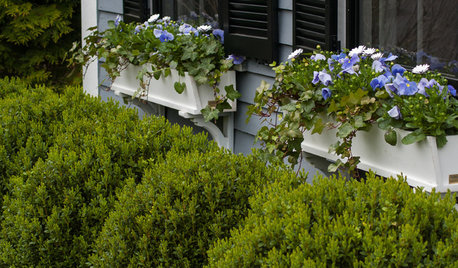
GARDENING GUIDESMake Sure You Read This Before Buying New Plants
Follow these 10 plant-selection tips to avoid buyer’s remorse
Full Story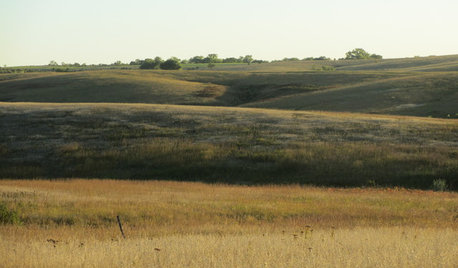
GARDENING GUIDESHow to Get Your Prairie On
Have a field day with your landscape, even if you've got just a few modern containers on a paved path
Full Story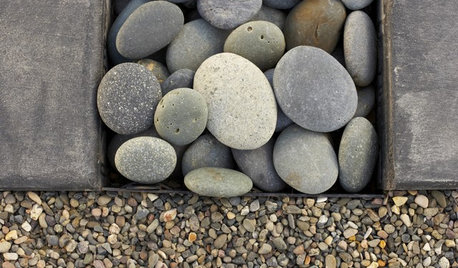
LANDSCAPE DESIGNThe Right Stone for Your Garden Design
Gravel, pebble, cobble and paddle: Stones vary in size and shape, and have different uses in the landscape
Full Story
EDIBLE GARDENSNatural Ways to Get Rid of Weeds in Your Garden
Use these techniques to help prevent the spread of weeds and to learn about your soil
Full Story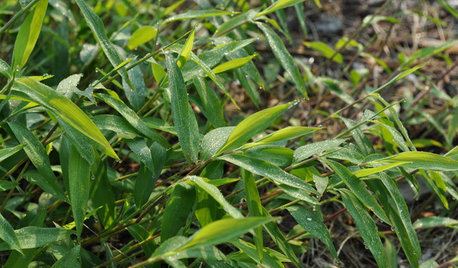
GARDENING GUIDESThe Essential Weed Hit List
Learn how to recognize and control 5 weedy plants that have achieved invasive status throughout the U.S.
Full Story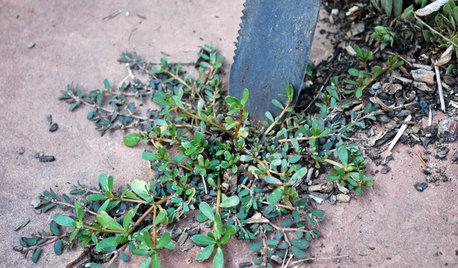
GARDENING GUIDES5 Ways to Naturally Win the Weed War
Show irksome weeds no mercy with these tricks for combating them sans chemicals
Full Story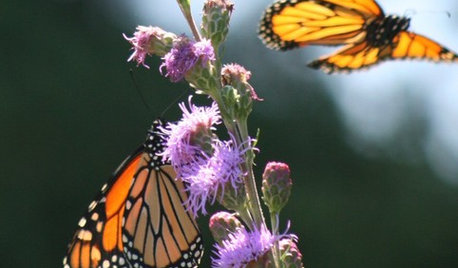
GARDENING GUIDESGreat Design Plant: Meadow Blazing Star (Liatris Ligulistylis)
Make fast friends with the monarch butterflies and get a color show too with this adaptable U.S. Midwest native
Full Story
GARDENING GUIDES10 Tips for Beginning Gardeners
With a simple sketch, basic tools and the right plants, you’ll be on your way to growing your first flowers or edibles
Full Story
FARM YOUR YARDHello, Honey: Beekeeping Anywhere for Fun, Food and Good Deeds
We need pollinators, and they increasingly need us too. Here, why and how to be a bee friend
Full Story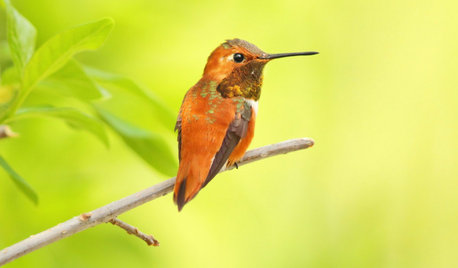
GARDENING GUIDESBackyard Birds: Invite Entertaining Hummingbirds Into Your Garden
Hummingbirds — unique to the Americas — zip through open landscapes seasonally or year-round. Here’s how to attract them
Full Story











Hans